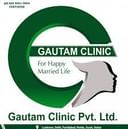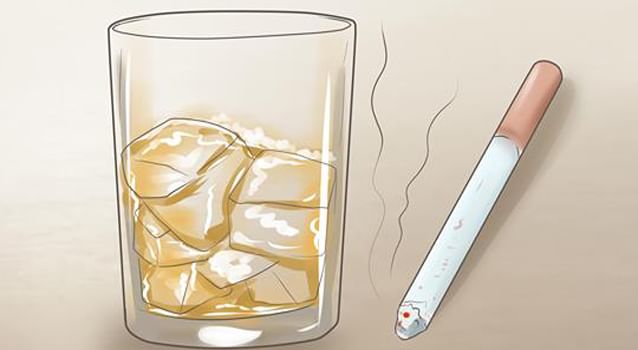How to Treat Premature Ventricular Contraction (PVC)?
Premature ventricular contraction, also called ventricular premature beats are the most common of all arrhythmia. Arrhythmia are disorders of the heart rhythm. These are common in people with cardiac (heart) disorders but also occur in people with normal hearts. This article will walk you through the process of treating PVC, along with providing information on its causes and symptoms. Just see Step 1 below to get started.
Understand that PVC doesn't always require treatment. If you are a healthy person, have no cardiovascular disease (hypertension, coronary artery disease, heart failure, valvular heart disease etc) or diabetes, no treatment is required for occasional PVCs. In fact, many athletic people often experience PVCs, without any cause for medical concern.
Identify and avoid PVC triggers.Things like exercising, eating a large meal, etc may provoke symptoms of PVC. If you experience frequent episodes of PVCs, it's important to try to identify what activity is related to the symptoms, so you can cut back on it.
- A good way to track your episodes of PVC is to make a chart of your activities and symptoms in relation to time. Draw a table with 24 columns representing 24 hours of the day. Note down your activities in each column under the respective hours of the day. Then put a tick mark under the hours when you feel symptoms.
- Just a few days of charting your symptoms will give you an idea about which activity is causing PVCs. Once you have identified the activity, try to avoid it as much as possible.
Reduce substance misuse. Caffeine (found in coffee, tea), alcohol, tobacco, amphetamines, cocaine etc are well known to cause PVC. These substances stimulate the sympathetic system of the body causing hyper-excitability, increased heart rate and contraction.
- Try to avoid these substances or at least reduce the amount of intake. It may not be possible to give up all at once. Therefore, you should aim to reduce consumption by 5-10% every week.
Identify whether any of your medications are causing the PVC. You may be taking medications that cause PVC without actually being aware of it.
- These include anti-asthma medications (salbutamol, theophylline), nasal decongestants (pseudoephedrine), thyroxine and other sympathomimetic drugs. These substances excite the heart and make people more prone to developing PVCs.
- Some herbal medications and supplements also contain ingredients responsible for rapid heartbeat and PVC.
- You should visit your GP with a list of all prescription and non-prescription drugs to check if any of them could be causing the symptoms of PVC. Your doctor will be able to adjust the dose or prescribe heart-friendly drugs.
Reduce anxiety and stress. Feelings of anxiety and stress trigger the release of sympathetic hormones and chemical mediators, leading to hyper-excitability of the heart. Anxiety is also a known cause of palpitation.
- Therefore, you should try to avoid these negative feelings using any means possible, including self-help techniques.
- Try meditation, yoga and biofeedback techniques to get rid of anxiety. You can also take help of professional therapist to choose appropriate technique.
Take medications to prevent PVC. Beta blockers such as propranolol can be used to suppress premature ventricular contractions. They are also used for the treatment of hypertension, anxiety and a variety of other medical condition. Beta blockers are comparatively safer than other drugs used for the treatment of PVC and arrhythmia.
- Tab propranolol 10-40mg 3-4 times daily will be required to treat PVCs. You should start with low dose and gradually increase the dose until satisfactory result is obtained.
- Other drugs are used in more severe conditions. They are actually anti-arrhythmic group of drugs such as amiodarone, flecainide, propafenone etc. These drugs must not be taken without doctor’s advice because inappropriate use may induce serious arrhythmia instead of correcting it.



+1.svg)
